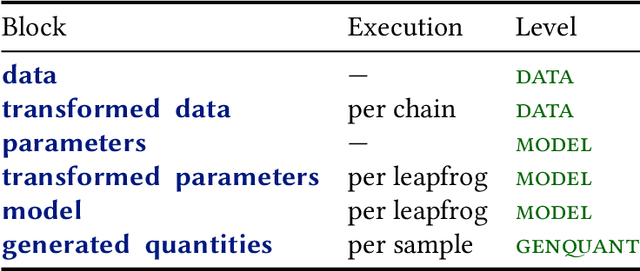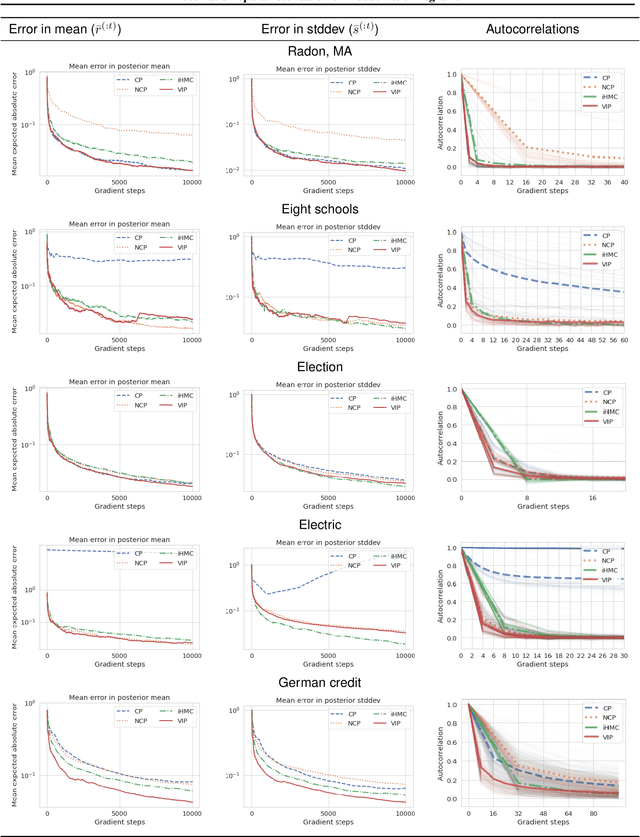Program Analysis of Probabilistic Programs
Paper and Code
Apr 14, 2022



Probabilistic programming is a growing area that strives to make statistical analysis more accessible, by separating probabilistic modelling from probabilistic inference. In practice this decoupling is difficult. No single inference algorithm can be used as a probabilistic programming back-end that is simultaneously reliable, efficient, black-box, and general. Probabilistic programming languages often choose a single algorithm to apply to a given problem, thus inheriting its limitations. While substantial work has been done both to formalise probabilistic programming and to improve efficiency of inference, there has been little work that makes use of the available program structure, by formally analysing it, to better utilise the underlying inference algorithm. This dissertation presents three novel techniques (both static and dynamic), which aim to improve probabilistic programming using program analysis. The techniques analyse a probabilistic program and adapt it to make inference more efficient, sometimes in a way that would have been tedious or impossible to do by hand.
 Add to Chrome
Add to Chrome Add to Firefox
Add to Firefox Add to Edge
Add to Edge